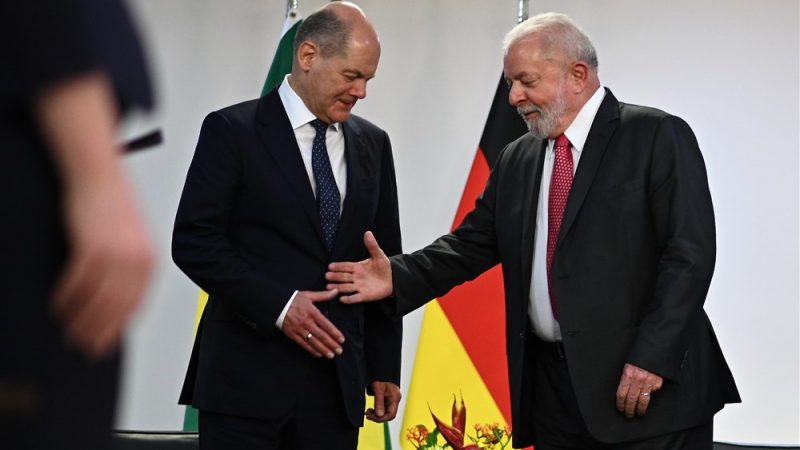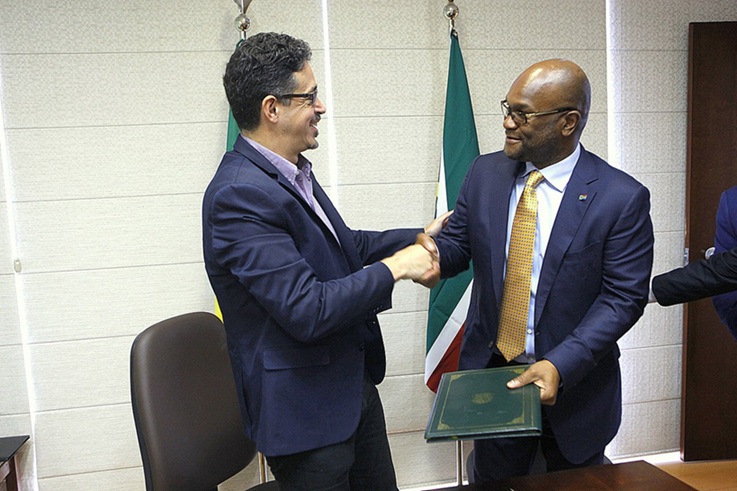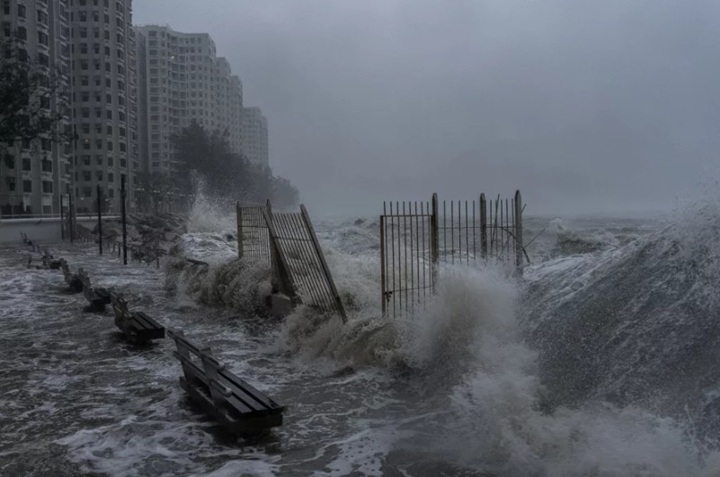In a significant development on Monday, German Chancellor Olaf Scholz and Brazilian President Luiz Inácio Lula da Silva expressed renewed optimism about the decades-long negotiations aimed at finalizing a free trade agreement between the European Union (EU) and the South American bloc, Mercosur.
Speaking to reporters in Berlin, both leaders affirmed their support for the trade deal between the EU and Mercosur, which comprises Brazil, Argentina, Paraguay, and Uruguay. The crucial summit between the two blocs is scheduled for Thursday in Rio de Janeiro, where hopes are high for a breakthrough in the pursuit of a comprehensive trade agreement.
“We are strongly committed to ensuring that the agreement is now finalized swiftly,” stated Chancellor Scholz following a meeting of senior officials from both countries in the German capital. President Lula da Silva echoed this commitment, emphasizing his determination to fight for the deal. “As long as I can believe that the agreement is possible, I will fight for it. I’m not giving up,” he declared.
If successfully concluded, this trade deal has the potential to create one of the world’s largest free trade zones, impacting more than 700 million inhabitants and fostering closer economic ties between Europe and South America.
The EU and Mercosur have been engaged in protracted negotiations for over two decades. While a basic agreement was reached in 2019, its implementation faced obstacles, including concerns related to the protection of the rainforest in South America and European countries’ efforts to shield their farmers from cheaper South American imports.
“We believe it would be a great step forward, even if the bilateral relations are very good,” emphasized Chancellor Scholz, highlighting the broader positive implications of the potential agreement.
In addition to the trade discussions, Chancellor Scholz and President Lula da Silva sealed their commitment with the signing of a bilateral agreement focused on a partnership for a “socially just and ecological transformation.” The leaders also outlined their joint efforts to combat disinformation and hate speech, signaling a shared commitment to address contemporary challenges beyond trade.
As the world eagerly anticipates the Rio de Janeiro summit, the outcome of the negotiations could mark a historic milestone in global trade relations, reshaping economic landscapes and promoting collaboration between two influential regions.
(Source: Associated Press)









